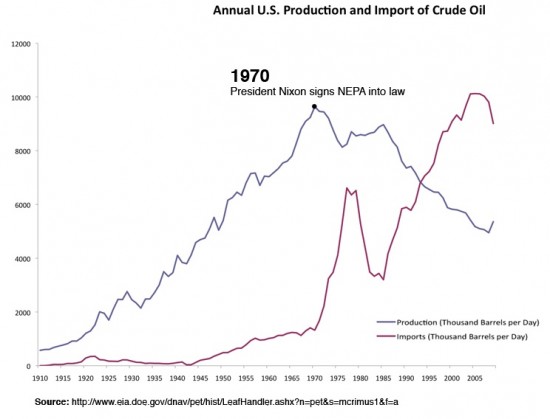China controls 97 percent of the world's supplies of
rare earth metals used in weapon systems and in many modern technological devices, including wind turbines, hybrid cars, and electronics.
(i) China views itself as the OPEC of rare earth metals because the country can affect the supply by limiting its exports to countries dependent on its rare earth metal resources. China controls the world's market for rare earth elements, not because China has the vast majority of rare earth reserves (in fact,
China only has 36 percent of identified rare earth reserves
[ii]), but because China does not impose the regulations on mining rare earths that other countries do. China can control the market at lower cost, putting other competition out of business. It has
cut export quotas, increased export taxes and even banned exports of rare earths to Japan due to a maritime territorial dispute.
[iii] As a result, countries are concerned about supplies of rare earth elements.
- Tuesday, February 15, 2011

 H. Sterling Burnett, is a Senior Fellow with the
H. Sterling Burnett, is a Senior Fellow with the 